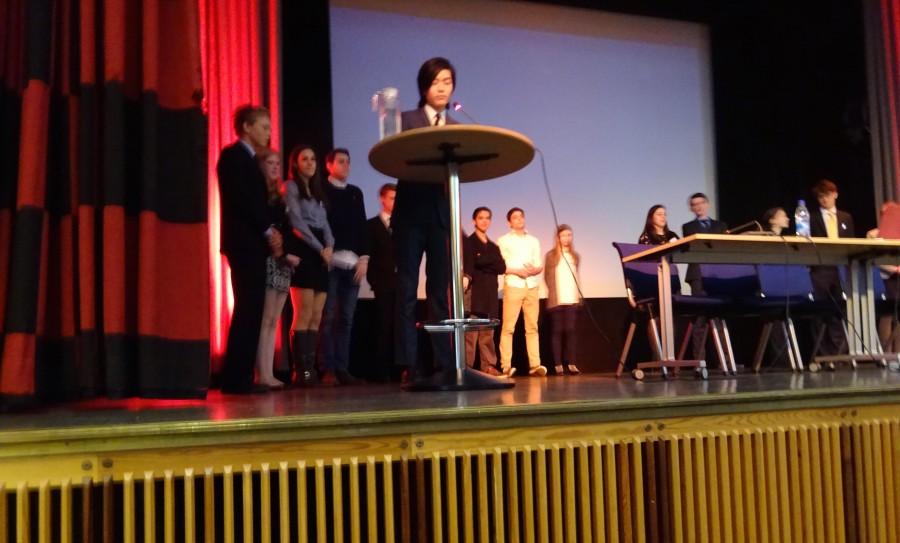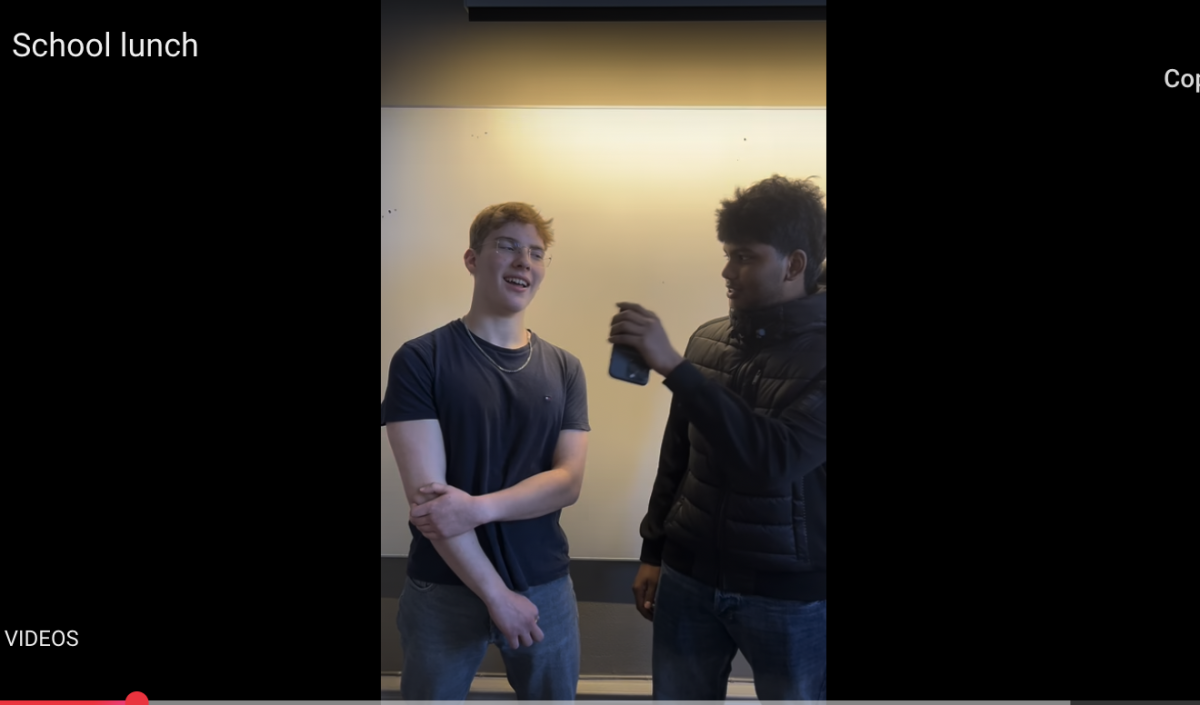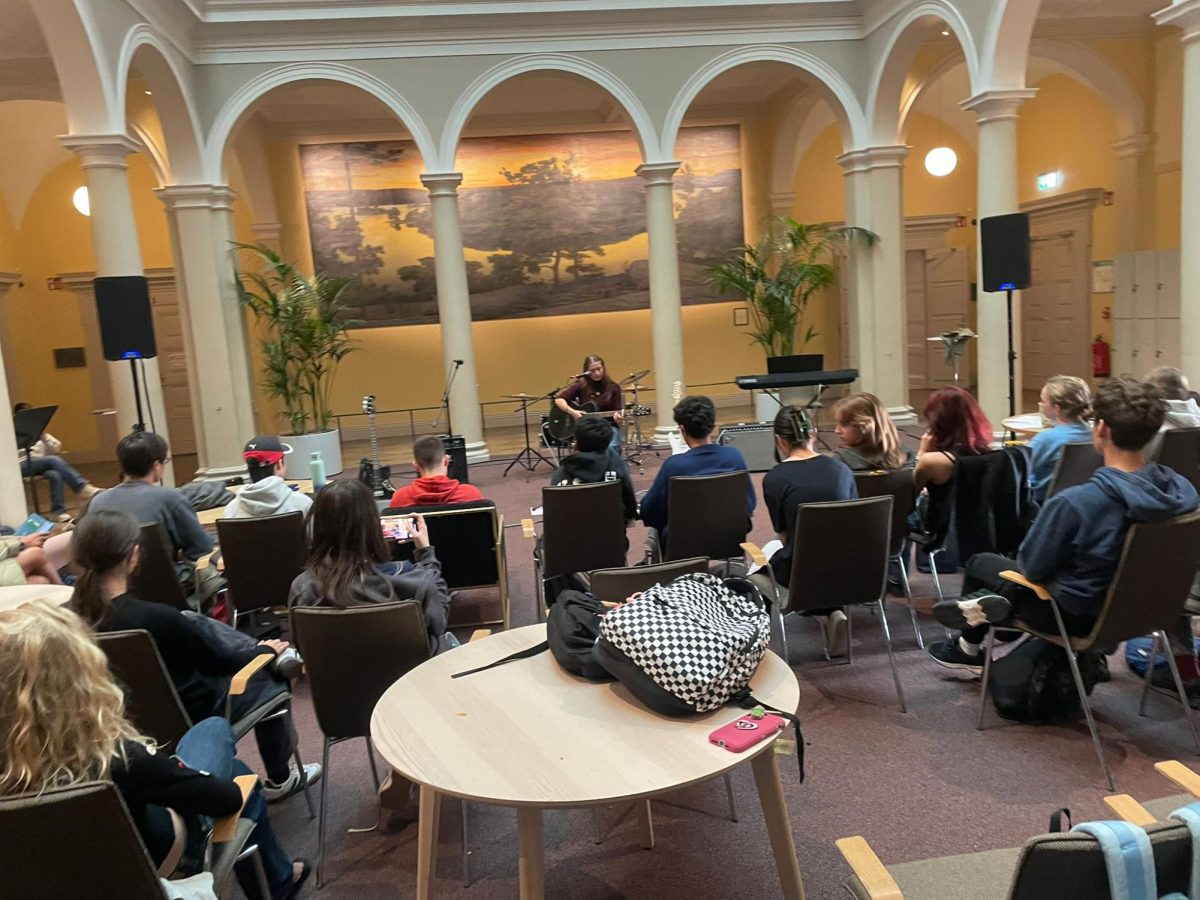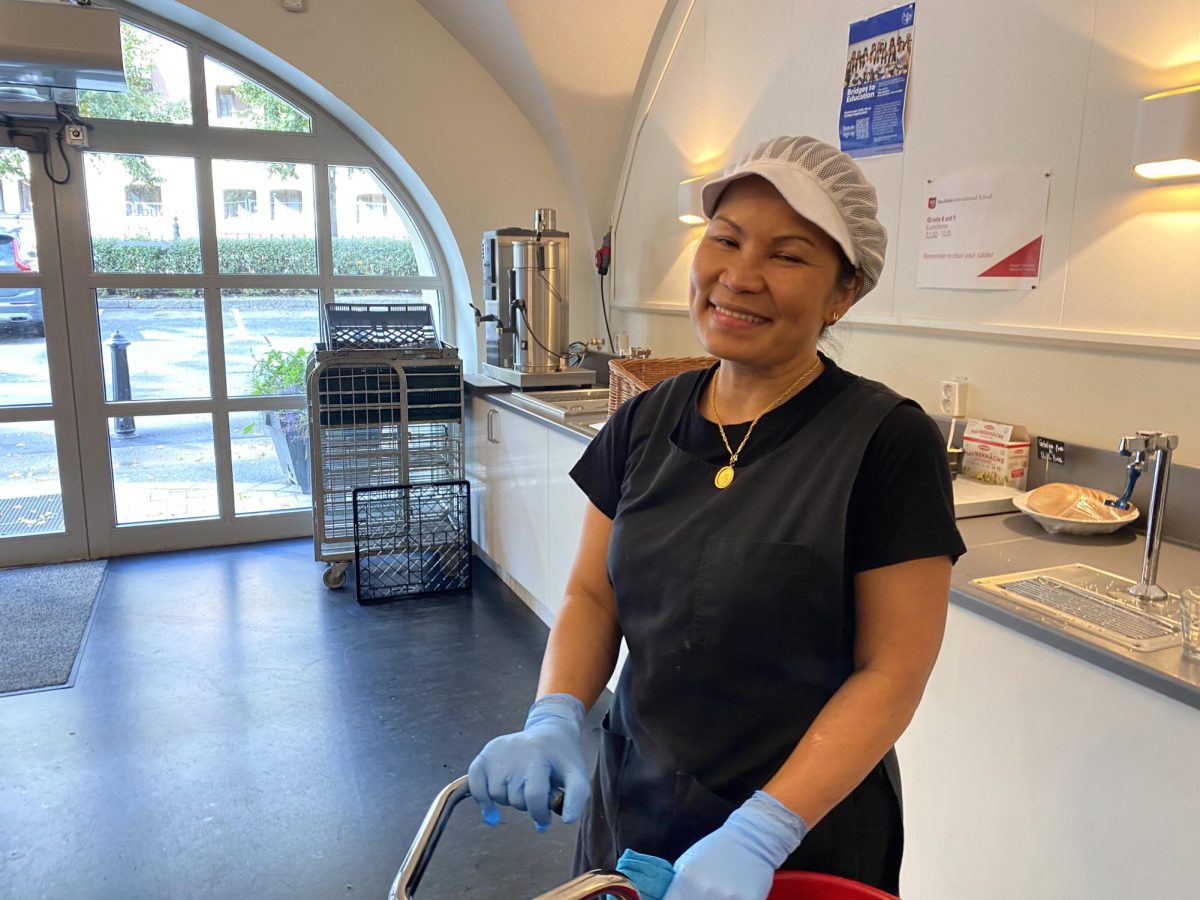Inspiring Words from the Secretary General
Sabu S. at the closing ceremony
February 12, 2016
The audience was captivated by the speech of this year’s Secretary General of SISMUN, Sabu S. This is his final year as a member of the SISMUN as he is due to graduate in May. He has been a great inspiration for our school, and he will be missed deeply. In his speech he refers to MUN as a catalyst to global citizenship. We at the Quirky Quibbler agree with this statement. You can read the full text of his speech here.
Opening:
Diseases prevention and treatment is not today the same as it used to be. As medical knowledge increases, and technology advances, we make huge victories in the war against disease. Smallpox, which killed 300–500 million people in the 20th century alone, has been eradicated. Improved water treatment and management in many countries has decreased the number of cholera cases significantly. And yet, the fight is not over. The overuse of antibiotics has led to antimicrobial resistance, and we face the very real fear of a post-antibiotic future. Increased globalisation has meant that travelling from any point on Earth to another can be done within 24 hours, but this means that diseases can do so too, and a worldwide pandemic is a very real threat. Furthermore, the pharmaceutical industry is increasingly profit-driven, thus hindering some from accessing the treatments they desperately need. The fight is not over. But increasing awareness and engagement with these issues is the first to solving them. And solve them we can.
Thank you.
Closing:
Although I know that one of these people hates this sort of public praise, I would like to take a moment to thank three amazing people who have brought been influential for Model United Nations at our school and brought it into the limelight. I would like to thank Ms Ahl, Ms Tess and Ms Schmidt for their continuous hard work, dedication and ambition for MUN at SIS. On behalf of all us, especially the MUN students I would like to thank you for giving us the possibility of a lifetime and being a catalyst for our greater global citizenship. Some of our coordinators were unable to be here, but I would like to ask Ms Schmidt to come to the stage to receive her flowers. Please, a round of applause for our MUN Coordinators.
Yesterday, my Chef de Cabinet mentioned her lack of faith in the bureaucracy of the UN. Although she has a very good point, we should not be discouraged by the shortcomings of the United Nations. It is still a force for change, a force we need. And in Model UN, we have a voice with which we can demand the changes we want to see. The massive impact of news of epidemics and the risk of pandemics is evident. The fear for the post-antibiotic era is real. I must admit, initially, I was skeptical of the topic of Disease. I was worried there would not be enough to discuss. I was obviously mistaken. I had not yet realised that children who need vaccines like the PCV vaccine are unable to receive it because they cannot afford it and we do not have the transparency to combat this injustice. I had not yet realised that when my Deputy Secretary-General gets strep throat I would know in the back of my mind that soon we will not have the comfort of being able to rely on an antibiotic. I had not yet realised that when we invite a guest speaker from the European centre for disease prevention and control we would have to cancel our plans due to their involvement working against the spread of the Zika virus.
We must act. We are responsible for our world and our future. I believe there is great truth in the motto of the United Nations: It’s our world. It’s our world. It’s OUR world.





